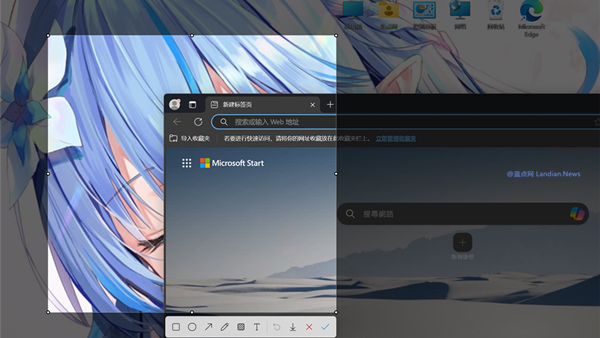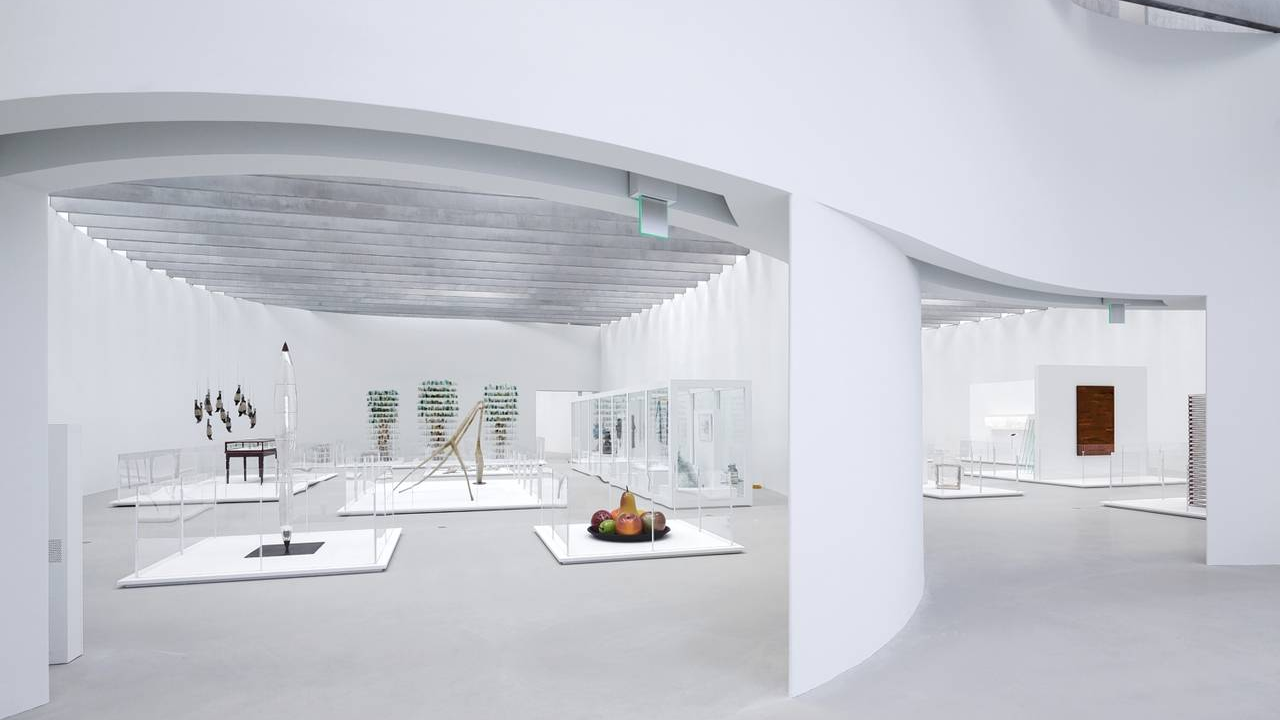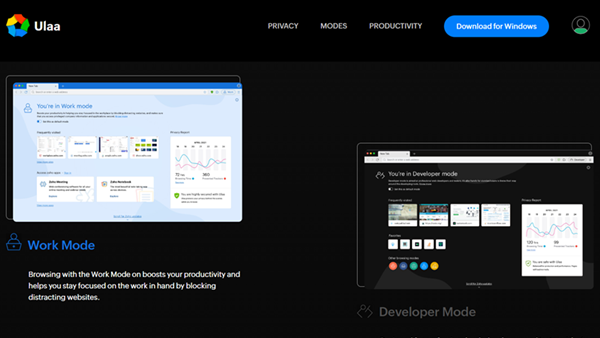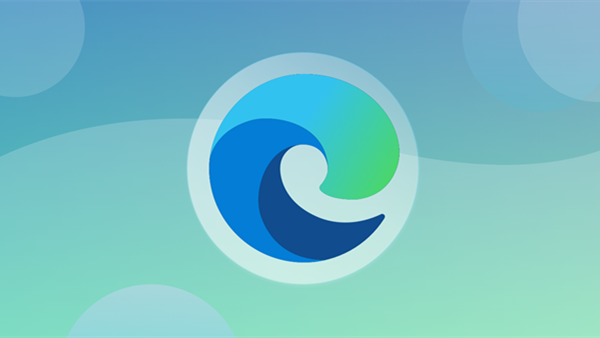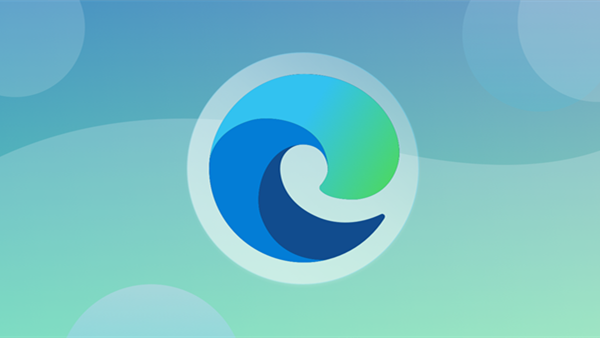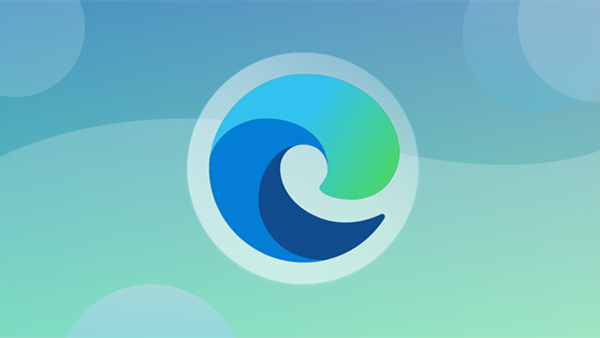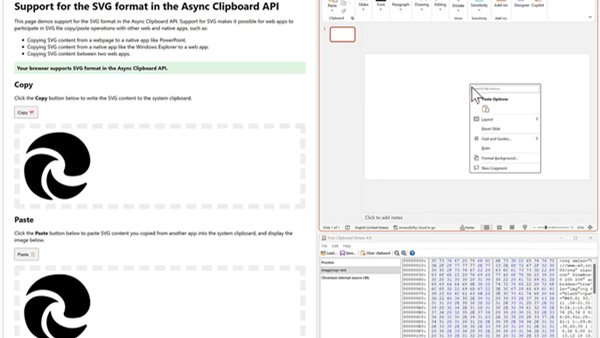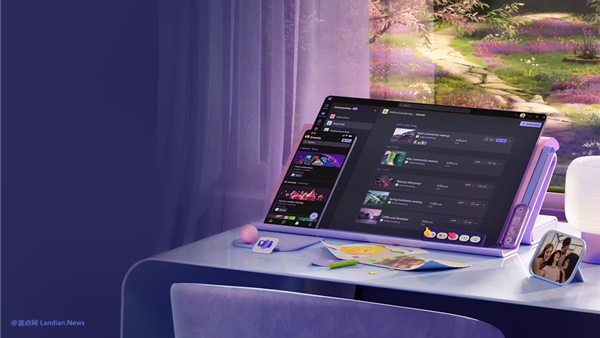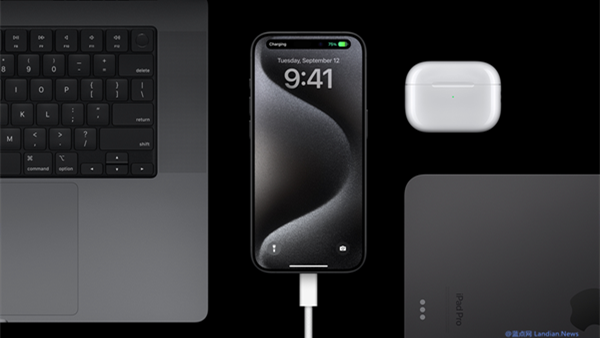Opera Calls for EU to Impose Stricter Regulations on Microsoft Edge as a Gatekeeper
Regardless of personal preferences, Microsoft Edge, based on Chromium, has become the second-largest browser in the desktop market, with an astonishing 13% market share. Although still far behind Google Chrome's 65%, Microsoft's browser has nearly doubled its market share in the last three years.
In February 2024, the EU regulatory bodies designated companies such as Microsoft and Google as gatekeepers under the new Digital Markets Act (DMA), subjecting specific products of these companies to stricter regulation to ensure these tech giants do not hinder market competition.
However, the regulators explicitly mentioned that Microsoft Edge would not be classified as a gatekeeper, mainly because its market share in the desktop browser market is significantly lower compared to Chrome.
This decision sparked a response from the Norwegian browser developer Opera (now owned by the Chinese gaming company Kunlun ), which has confirmed its request to the EU court to overturn the decision regarding Microsoft Edge.
In a press release, Opera stated:
Due to Microsoft's control over the Windows operating system, it's challenging for consumers to set a third-party browser as the default on Windows PCs. Moreover, Microsoft does not pre-install other browsers or provide users with a browser choice screen on Windows, which goes against the DMA's objectives and pledges.
We believe the EU's decision did not accurately assess the dominant position of Microsoft Edge on Windows devices, creating an unfair competitive environment for rivals.
Microsoft Edge acts as a gatekeeper for Windows users looking to download other browsers, much like the previous IE browser, which is exactly the kind of gatekeeper role the DMA aims to address.
Indeed, Opera's argument is not without merit. Previously, Firefox harshly criticized Microsoft for setting numerous restrictions in Windows 10/11 that hinder users from setting other browsers as default, even leading Firefox to adopt technical countermeasures.
Moreover, as the default browser on Windows 10/11, Microsoft adds prompts at the top of the page and in the address bar when users attempt to download Chrome via Microsoft Edge, nudging them to continue using Microsoft Edge instead.
Indeed, it is through these methods that Microsoft has significantly increased the market share of its Edge browser, doubling it in just a couple of years.
Given that there are complaints from developers, EU regulatory bodies are likely to take action, as Microsoft remains a significant focus for regulators. However, even if an investigation is initiated, it may take several years or even longer to complete.

